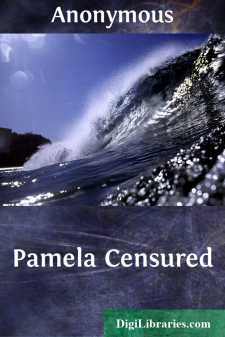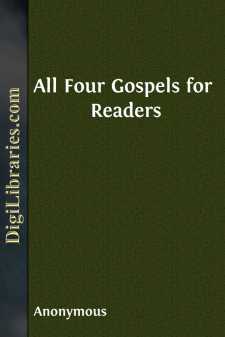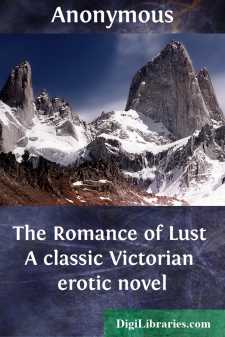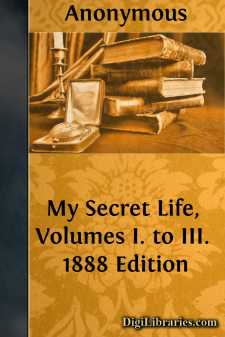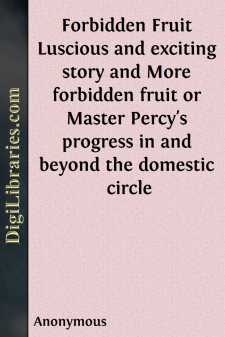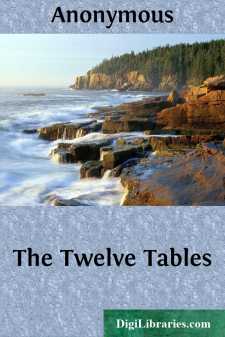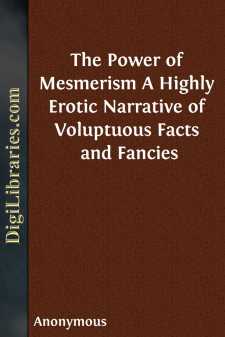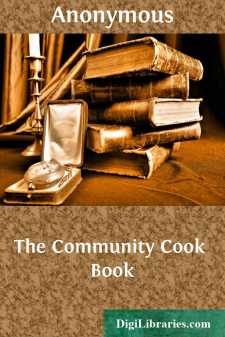Categories
- Antiques & Collectibles 13
- Architecture 36
- Art 48
- Bibles 22
- Biography & Autobiography 813
- Body, Mind & Spirit 142
- Business & Economics 28
- Children's Books 16
- Children's Fiction 13
- Computers 4
- Cooking 94
- Crafts & Hobbies 4
- Drama 346
- Education 46
- Family & Relationships 57
- Fiction 11829
- Games 19
- Gardening 17
- Health & Fitness 34
- History 1377
- House & Home 1
- Humor 147
- Juvenile Fiction 1873
- Juvenile Nonfiction 202
- Language Arts & Disciplines 88
- Law 16
- Literary Collections 686
- Literary Criticism 179
- Mathematics 13
- Medical 41
- Music 40
- Nature 179
- Non-Classifiable 1768
- Performing Arts 7
- Periodicals 1453
- Philosophy 64
- Photography 2
- Poetry 896
- Political Science 203
- Psychology 42
- Reference 154
- Religion 513
- Science 126
- Self-Help 84
- Social Science 81
- Sports & Recreation 34
- Study Aids 3
- Technology & Engineering 59
- Transportation 23
- Travel 463
- True Crime 29
Pamela Censured
by: Anonymous
Description:
Excerpt
INTRODUCTION
The publication of Pamela; or, Virtue Rewarded on 6 November 1740 occasioned the kind of immediate and hyperbolic praise which would have turned the head of an author less vain than Richardson. Proclaimed by Aaron Hill as being "the Soul of Religion," and by Knightley Chetwood as the book next to the Bible which ought to be saved "if all the Books in England were to be burnt," Pamela seemed certain of universal acclaim, especially when the Reverend Benjamin Slocock praised it extravagantly from the pulpit of St. Saviour's in Southwark within two months of its initial printing. Even the "Objections" voiced by several correspondents and published at the beginning of the second edition of Pamela (14 February 1741) seemed relatively inconsequential when weighed against the Gentleman's Magazine's assertion in January 1741 that every Londoner with the slightest curiosity was reading Pamela.
Literary and moral opposition to Pamela gradually began to mount, however. April 1741 saw the publication of the first and perhaps most perceptive attacks on Richardson's novel: An Apology for the Life of Mrs. Shamela Andrews appeared on 2 April, followed by Pamela Censured: In a Letter to the Editor some twenty-three days later. While we now feel certain that Henry Fielding wrote Shamela, the author of Pamela Censured has eluded us. Though both works attack Pamela on moral grounds and incidentally make unflattering comments about Colley Cibber, their literary methods differ so greatly that it is impossible to tell whether or not Shamela influenced Pamela Censured to any extent.
Fielding's parody is too well known to be described in detail here. Though his sophisticated wit lashes out in a number of directions, he attacks Pamela on primarily two fronts: in prefatory letters he assails those who would praise Richardson's novel for its moral lessons, while in the body of Shamela he burlesques the psychological motivations of Pamela herself, showing that she is motivated by mercenary "vartue" rather than angelic virtue. In spite of its hasty composition, Shamela clearly displays a kind of literary charm and insight that was soon to characterize Joseph Andrews and Tom Jones.
Because it lacks Fielding's wit, Pamela Censured is now almost forgotten even though it elicited an even stronger response than Shamela from some of Richardson's defenders and detractors. The "Introduction" to Pamela's Conduct in High Life (1741), for instance, airily dismisses Shamela's "low Humour adapted to the Standard of a petit Maitre's Capacity" which has been applauded only "among the Weak and Vicious." By contrast, the same work devotes an entire four pages to answering the various charges levelled by Pamela Censured after first attacking its author for giving readers "such an Idea of his own vicious Inclination, that it would not ... wrong him to think the Shrieks of a Woman in Labour would excite his Passions, and the Agonies of a dying Woman enflame his Blood, and stimulate him to commit a Rape." Aaron Hill, who had apparently ignored the publication of Shamela, angrily conveyed to Richardson a rumor that Pamela Censured was a bookseller's contrivance written in order to promote sales among readers with prurient interests....


